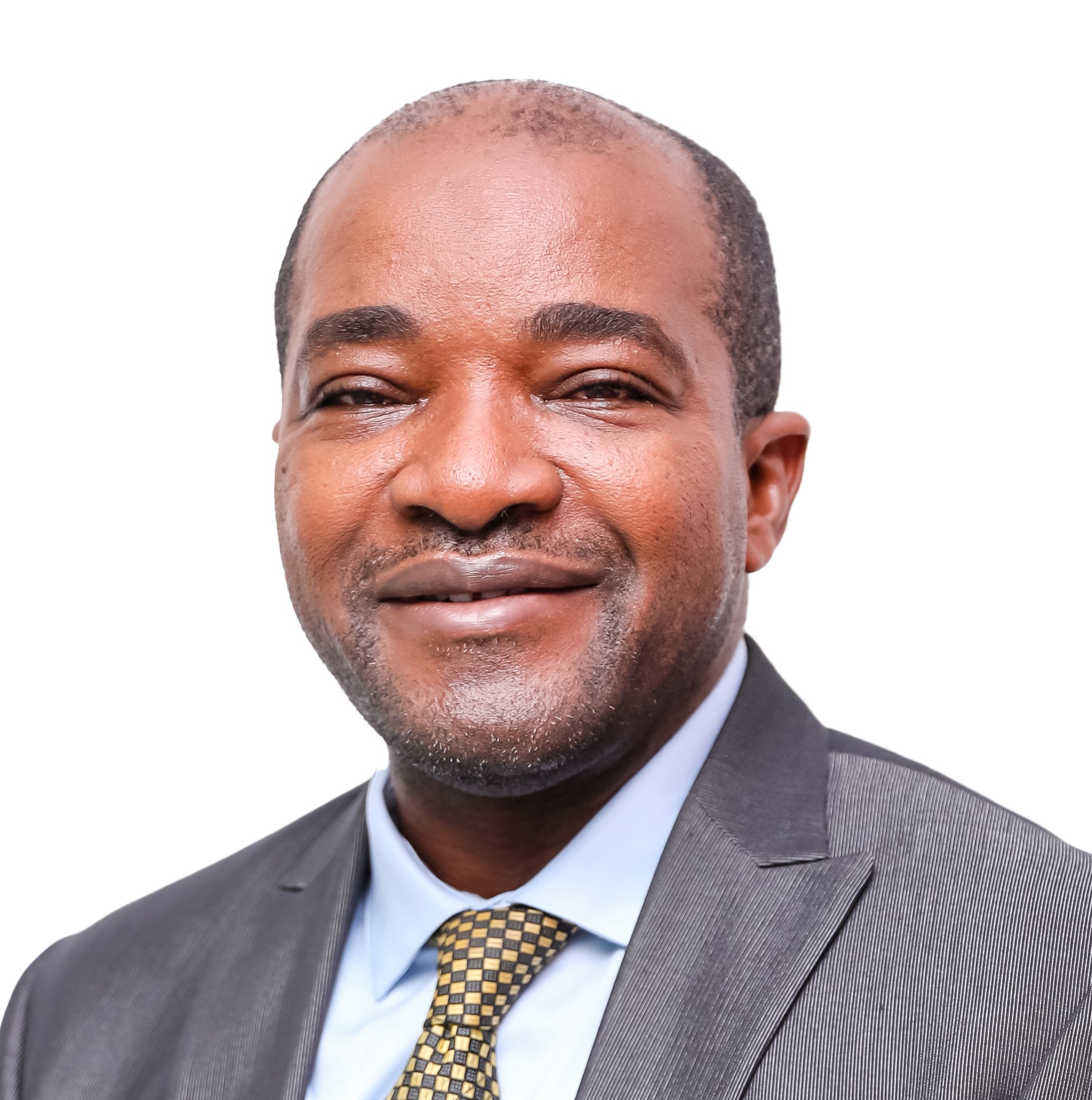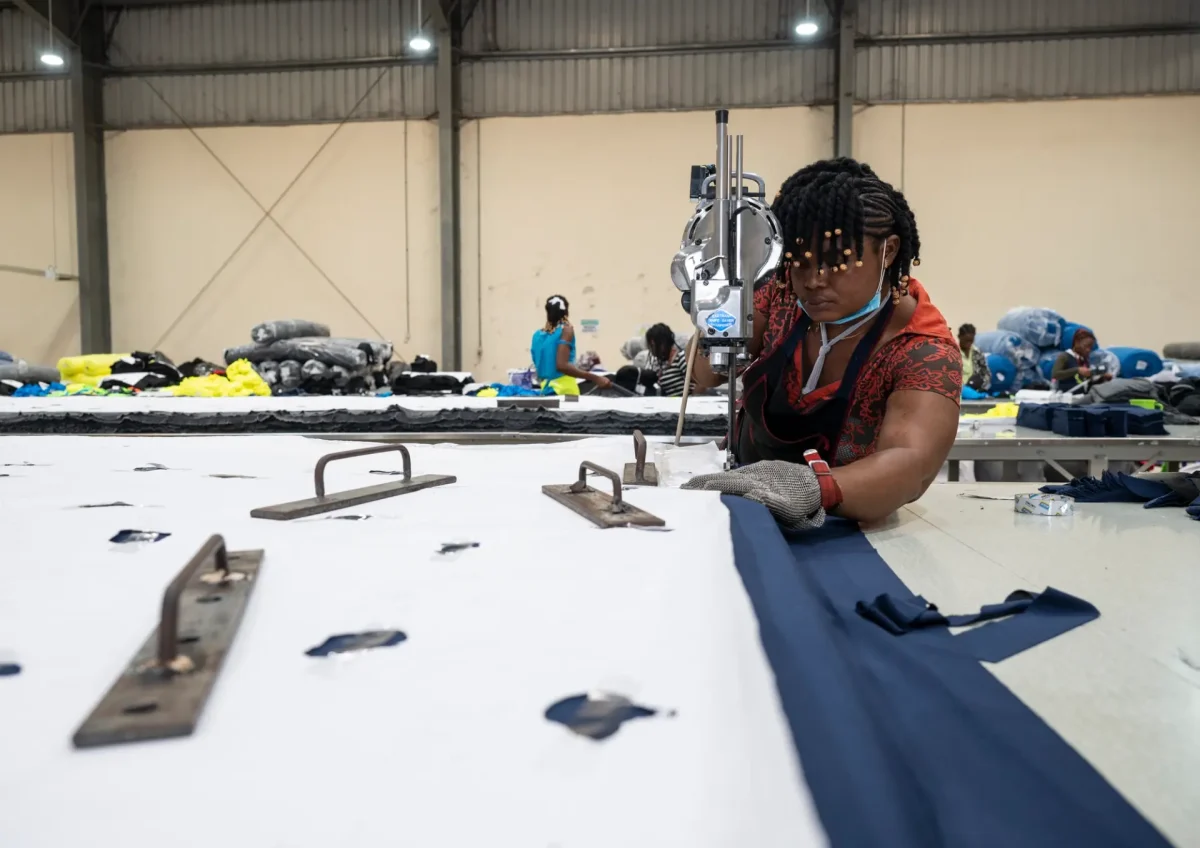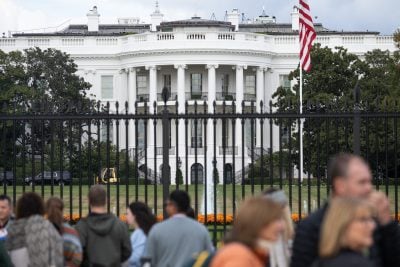This article was produced with the support of Nigerian Economic Summit Group
Nigeria depends almost totally on oil as its economic lifeline, with its fortune continually tied to the vagaries of the international oil market. This has led to urgent calls for reforms in the form of economic diversification, to enable it to unlock the potential it has in other sectors for greater participation in the global economy.
There can be no better time for participation in the world economy than now, when the African Continental Free Trade Area (AfCFTA) – potentially the largest market on the planet with an estimated population of 1.4bn – has come into existence. The reforms should be implemented in a manner that positions the country, not just as a participant, but as a leading player in the economy of AfCFTA; and as a gateway to the continent. This can be done by accelerating value addition and the exports of goods and services, beyond natural resources, and by identifying what each state of the federation can bring to the table – the strengths and resources with which the states are endowed – which could contribute to making the country attain this status.
Strengths of the regions
Benue State is known by the sobriquet of “Food Basket of the Nation”, while Nasarawa State is called “Home of Solid Minerals”. These are two key areas that drive economic growth and industrial development.
Many other states in the northern part of the country are equally endowed with agricultural and natural resources. In the South-East, Anambra State, the home of Nigeria’s first indigenous automobile manufacturing company – Innoson Motors – is fast acquiring the status of a manufacturing hub, with the manufacture of high-quality vehicle spare parts used across the country. Apparel and shoes from factories in Aba, Abia State, can compete with those from other parts of the world in terms of quality.
Lagos has become the regional tech hub of West Africa, harbouring the highest number of startups in the region and attracting significant foreign and domestic investments. Other states of the federation have what could be described as their niche, in terms of natural and human resources that could be harnessed for export.
How can the ongoing reforms energise the states to key into AfCFTA for the overall benefit of Nigeria? It boils down to intentional implementation to link activities to desired actions and outcomes.
President Bola Ahmed Tinubu’s reform programme seeks, among other objectives, to foster sustained economic growth; promote shared prosperity; speed up diversification through industrialisation, digitalisation, creative arts, manufacturing and innovation; boost agricultural production for food security; and fully exploit the country’s natural resources for sustainable development.
The reform programme also aims to reposition Nigeria as a prime global investment destination hinged on the core pillars of democracy, development, demographics and diaspora engagement – underpinned by the digital economy, accelerated exports, youth entrepreneurship and good governance.
Strengthen institutions
The government must strengthen institutions involved in implementing reforms like the judiciary, law enforcement, regulatory agencies, etc. Reforms are as effective as the institutions implementing them. We cannot have weak institutions driving the reforms expected to reposition the country for competitiveness within the context of continental and world trade. That is to say, Nigeria cannot compete with the best in Africa, indeed, the world, if its institutions are not as strong as those in other parts of the world.
For instance, the Nigerian legal system has in recent times come under serious scrutiny, with outcomes that are not very complimentary. It Is serious food for thought when no less a personality than the Sultan of Sokoto, Alhaji Mohammed Sa’ad Abubakar, would describe the legal system as “a purchasable commodity” available only to the rich. As bitter and scathing as this description might be, it reflects the true state of the country’s judicial system.
The concern about Nigeria’s judicial system is why, in many cases, foreign investors insist on clauses that give them the freedom to seek redress in legal jurisdictions outside Nigeria when signing investment agreements in the country.
We must have a justice system that lives up to expectation in terms of impartiality, timeliness and uprightness, which the famous Lady Justice statue symbolises. Foreign investors would look in the direction of Nigeria when they are assured of the same legal redress obtainable in any jurisdiction elsewhere across the world. After all, it is understood that legal disputes could arise in the course of business dealings. The legislatures at the federal and state levels have the constitutional responsibility to make laws that promote investment. Potential investors, whether local or foreign, are likely to be concerned about legislation that affect their area of interest before putting down money for investment.
Consistent policy
The same applies to regulations. A major bane of investment in Nigeria over the years has been policy inconsistency. This should be a thing of the past in the new Nigeria President Tinubu is trying to create; and so all regulators must collaborate to achieve the national objectives while the Monetary, Fiscal, Trade and Social Welfare Authorities must coordinate their actions to achieve synergy.
The reform programme recognises that security is the bedrock of development, with a promise to strengthen the country’s security forces to enhance peace across the country, as well as the safety and security of properties and lives of all residents of Nigeria. Recent reports indicate some successes by the country’s security agencies in the fight against insecurity. However, more needs to be done to ensure that every inch of Nigeria is safe for investment.
The reform programme must be holistic to address all the factors necessary to drive investor confidence, in order to achieve inclusive socio-economic growth and sustainable development.
In this volatile and rapidly shifting world, Nigeria cannot afford to be inconspicuous in AfCFTA, which would guarantee its strong presence on the global stage.

 Sign in with Google
Sign in with Google 



